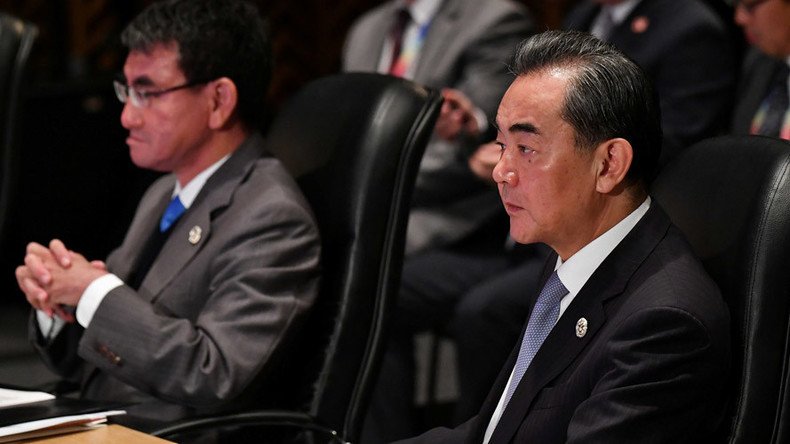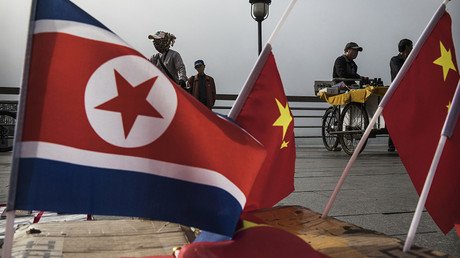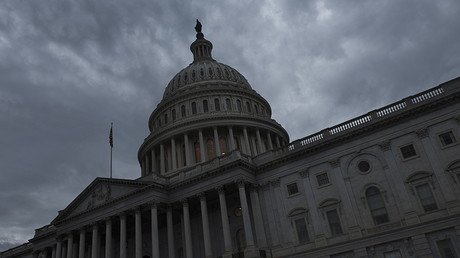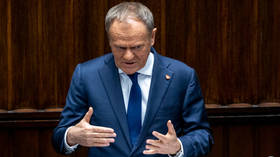China’s foreign minister says Japan kowtows to US policies in Asia

Chinese Foreign Minister Wang Yi met his Japanese counterpart, Taro Kono, and said that Japan seems to be “forced to fulfill a mission that the US had given” to Tokyo, in criticizing China’s policies in the region.
The foreign ministers held their first talks on Monday in Manila, where both arrived for the Association of Southeast Asian Nations (ASEAN) ministerial meeting.
It came shortly after China was criticized by Japan for its alleged military build-up in disputed areas of the South China Sea.
Wang said, “we felt that you were forced to fulfill a mission that the United States had given you,” seemingly referring to Japanese criticism of China, as cited by Japanese media outlet Mainichi.
The US, Australia, and Japan recently issued a joint statement urging China to cease land reclamation and military activities in the South China Sea.
Beijing rejects the statement, Wang says, as well as an international arbitration panel’s decision ruling against the majority of China’s claims in the disputed waters.
“You can take a look at the joint statement issued… and you can draw your own conclusions,” Wang said, as quoted by South China Morning Post.
The statement expresses the three nations’ “strong opposition to coercive unilateral actions that could alter the status quo and increase tensions.”
The Chinese foreign minister also urged Japan “walk the talk” and adopt concrete policies and actions, instead of slamming China’s policies after expressing a desire for better relations between the two Asian powers, as cited by Xinhua.
China has recently come under fire from the US as well, over the North Korea situation, with US envoy to the UN Nikki Haley urging Beijing “to decide whether it is finally willing to take this vital step,” arguing that “time for talk” on North Korea is over.
At the end of July, US President Donald Trump tweeted that “they [China] do NOTHING for us with North Korea, just talk. We will no longer allow this to continue,” adding that it shouldn’t take much for Beijing to “solve this problem!”
In mid-July, Beijing slammed Trump’s comments. Chinese Foreign Ministry spokesman Geng Shuang said: “Recently, certain people, talking about the Korean Peninsula nuclear issue, have been exaggerating and giving prominence to the so-called ‘China responsibility theory.’”
“I think this either shows lack of a full, correct knowledge of the issue, or there are ulterior motives for it, trying to shift responsibility,” he said.
Meanwhile, Russia stated that it viewed the US “attempts… to shift the responsibility in what is happening [on the Korean Peninsula] onto Russia and China, and to almost blame Moscow and Beijing for ‘conniving in’ North Korea’s nuclear missile ambitions, as baseless.”















